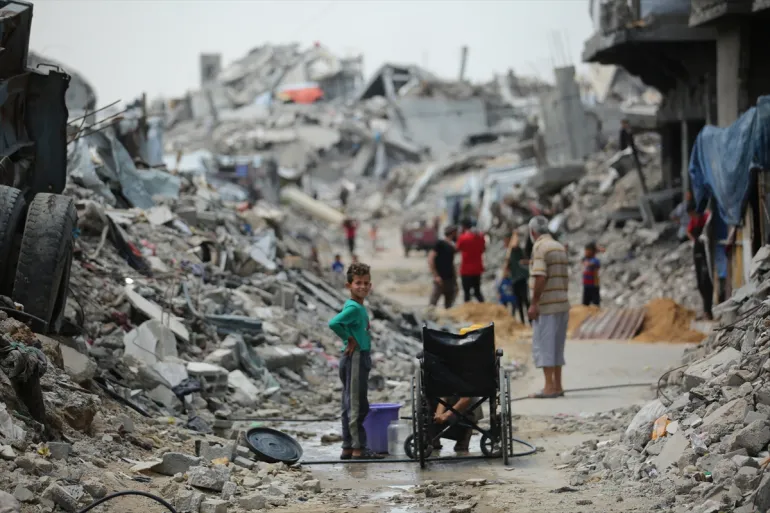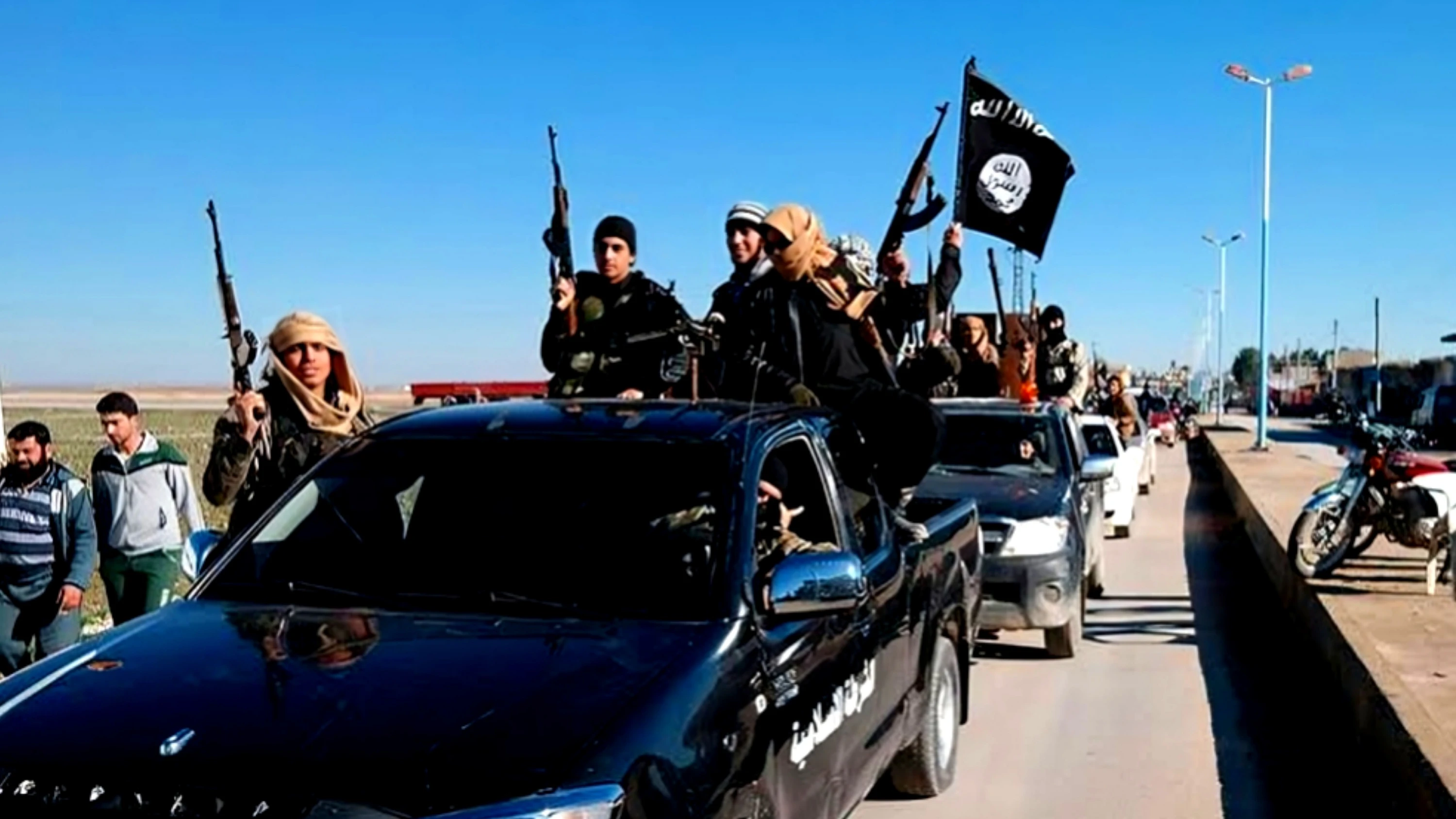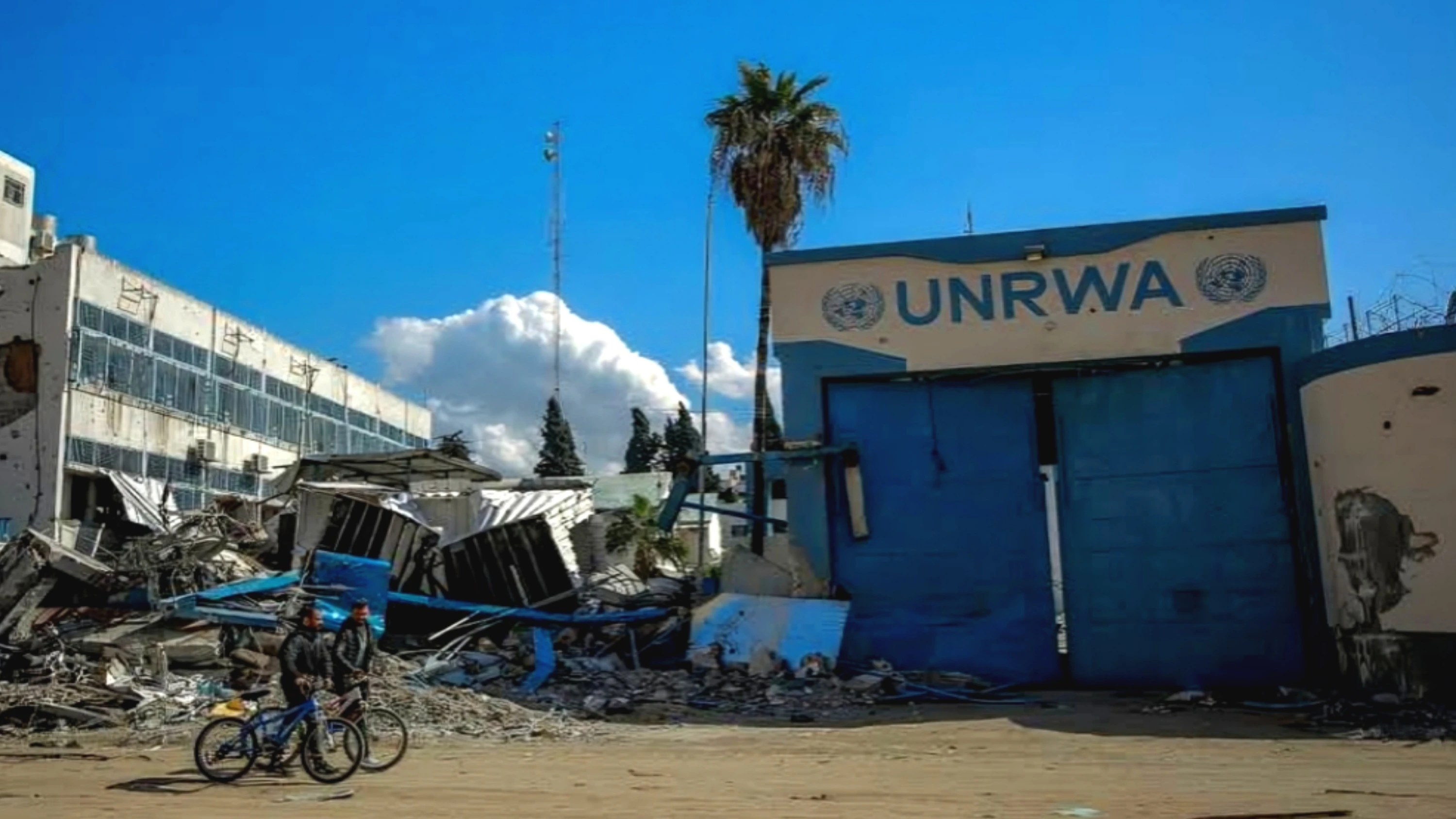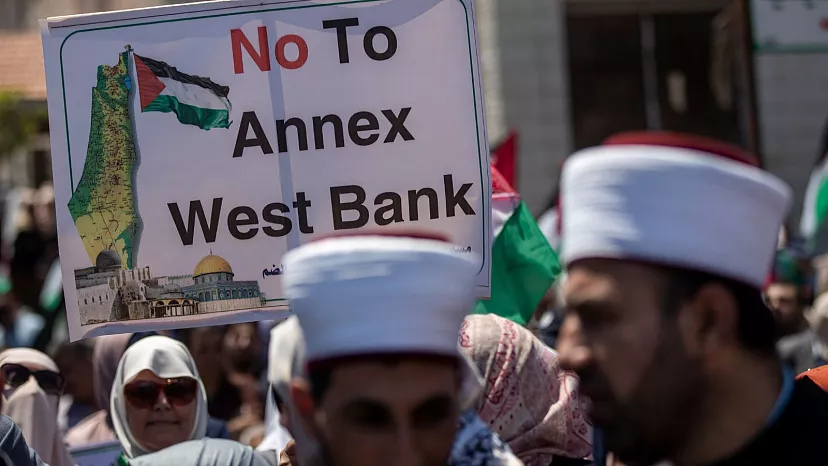Jerusalem: In one of the most expansive evacuation directives of the war, Israel has ordered tens of thousands of Palestinians to leave Gaza City ahead of what it calls “intense strikes” targeting Hamas infrastructure.
The Israeli Defense Forces (IDF) warned civilians to vacate areas already heavily damaged by prior bombings, naming key sites like the Islamic University, Al-Shifa Hospital, and three former schools as potential military targets.
While Israel claims these buildings are being used as Hamas “command and control centers,” aid agencies and local officials report that thousands of displaced civilians are sheltering in these locations. Humanitarian organizations have raised alarm that evacuating these densely populated zones will take time and could result in massive civilian casualties. The directive signals a potential escalation in Israel’s military campaign.
Former Israeli Prime Minister Ehud Olmert broke ranks with the government’s official stance, telling the BBC that many Israelis, including IDF commanders, oppose expanding the campaign. “We need to stop this war immediately,” he said, calling the humanitarian crisis in Gaza “intolerable and unforgivable.”
Olmert’s remarks mirror increasing international concern. French President Emmanuel Macron recently condemned Israel’s actions in Gaza as “shameful,” prompting a sharp rebuke from Prime Minister Benjamin Netanyahu, who accused him of siding with Hamas.
The situation in Gaza continues to deteriorate following a 10-week blockade that has cut off food, fuel, and medical supplies. A UN-backed assessment warns that Gaza’s 2.1 million residents face “critical risk” of famine and escalating food insecurity. The World Health Organization has warned that malnutrition and lack of healthcare could cause permanent damage to an entire generation.
Despite these warnings, Israeli officials reject claims that they are deliberately starving Gaza. Government spokesperson David Mencer stated, “There is food in Gaza. There is no famine,” and placed blame on Hamas for distribution failures.
As aerial bombardments resumed on March 18, Gaza’s Hamas-run health ministry reports 2,799 deaths since that date, including 80 casualties on Wednesday alone. Meanwhile, a separate overnight airstrike in southern Gaza reportedly killed 56 people in Khan Younis, many of them displaced families living in tents.
There is slim hope for a ceasefire agreement brokered by the US, which could include hostage releases in exchange for a temporary halt in fighting. However, Netanyahu has rejected any deal that would permanently end the war or require Israeli withdrawal from Gaza. Hamas has insisted it will not release remaining hostages without such guarantees.
Amid these standoffs, 67 former Israeli hostages have urged Netanyahu to accept a “comprehensive deal” for the return of captives. Their letter reflects growing domestic support for a ceasefire, with a recent Channel 12 poll indicating that 68% of Israelis would back a deal with Hamas even if it meant ending the war. Only 22% support continuing the offensive.
Still, Netanyahu remains firm. “We will not allow an end to the war,” a diplomatic source quoted a member of his team as saying.
The conflict, now in its 20th month, was sparked by Hamas’ unprecedented cross-border attack on 7 October 2023, which left about 1,200 Israelis dead and 251 taken hostage. Since then, Gaza’s health ministry estimates that at least 52,928 Palestinians have been killed.
As international pressure mounts and civilian suffering deepens, the divide between military objectives and humanitarian realities is growing ever more stark.








